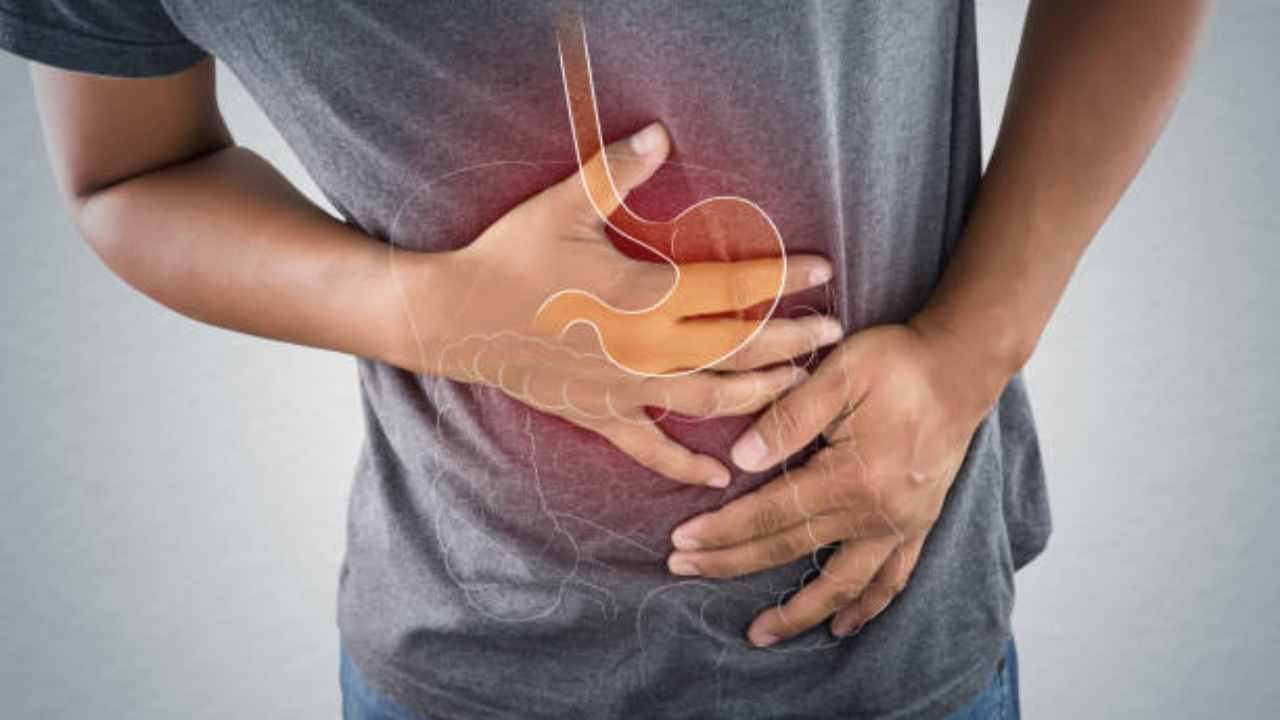
What are intestinal ulcers?
Intestinal ulcers, or peptic ulcers, are sores that develop on the inner lining of the small intestine. These ulcers can cause discomfort and pain, but with the right understanding of the symptoms and causes, they can be managed effectively.
Intestinal ulcers, though painful and uncomfortable, can be effectively managed and treated with the right approach. Understanding the symptoms, causes, and treatment options is essential for individuals dealing with these ulcers.
Symptoms of intestinal ulcers
Abdominal Pain: One of the most noticeable symptoms of intestinal ulcers is a burning or gnawing pain in the abdomen. This pain is often felt between the chest and the navel and can last from a few minutes to several hours.
Indigestion: Individuals with intestinal ulcers may experience indigestion, which can manifest as bloating, belching, and feeling overly full.
Nausea and Vomiting: Some people may feel nauseous or even vomit due to the discomfort caused by ulcers.
Changes in Appetite: A reduced appetite or unexplained weight loss can be associated with intestinal ulcers.
US syphilis cases are rising; learn to identify warning signs and symptoms
Causes of Intestinal Ulcers
Eating spicy food: Spicy meals can exacerbate an ulcer. The pain and discomfort of intestinal ulcer may increase because of the acids in the spice laden meals we eat.
Prolonged consumption of aspirin: Another typical cause of ulcers is long-term use of aspirin or ibuprofen, both of which act as anti-inflammatory drugs.
H. pylori infection: Dr. Mangesh Borkar, Consultant - Medical Gastroenterology, Manipal Hospitals, Kharadi-Pune, says, “The most common cause of intestinal ulcers is an infection with a bacterium called Helicobacter pylori (H. pylori). This bacterium can weaken the protective mucus layer of the stomach and small intestine, making them more susceptible to acid damage.”
Nonsteroidal Anti-Inflammatory Drugs (NSAIDs): Regular use of NSAIDs like aspirin, ibuprofen, and naproxen can increase the risk of developing intestinal ulcers. These medications can irritate the stomach lining and lead to ulcer formation.

Smoking and Alcohol: Smoking and excessive alcohol consumption can irritate the digestive tract lining and contribute to ulcer development.
Stress: While stress alone does not cause ulcers, it can exacerbate existing ulcers and slow down the healing process.
Managing and treating intestinal ulcers at home
Consume flavonoid rich food: The bioflavonoid compound known as flavonoids may be an additional effective treatment for stomach ulcers. Foods high in flavonoids include red grapes, kale, broccoli, apples, berries, and teas, particularly green tea.
Eat Probiotics: Probiotics are living bacteria and yeast that give your gut beneficial and healthy microorganisms. They can be found in a wide variety of everyday fermented meals including buttermilk, yogurt, kefir, miso, kimchi, and yogurt.

Lifestyle Changes: To prevent ulcers from recurring, individuals are advised to make certain lifestyle adjustments. This includes quitting smoking, moderating alcohol intake, and avoiding NSAIDs.
Dietary Changes: A diet rich in fruits, vegetables, and fibre can help promote healing. Spicy, acidic, and fatty foods should be consumed in moderation.
Stress Management: Learning stress management techniques such as yoga, meditation, and relaxation exercises can aid in ulcer recovery.
Medications: Doctors often prescribe medications to reduce stomach acid production and promote ulcer healing. Proton pump inhibitors (PPIs) and H2 blockers are commonly used for this purpose.
Antibiotics: If an H. pylori infection is detected, a course of antibiotics is prescribed to eliminate the bacteria.
The takeaway
If you suspect you have intestinal ulcers or are experiencing persistent abdominal pain and discomfort, it's crucial to consult a healthcare professional for a proper diagnosis and personalised treatment plan. Early detection and appropriate care can lead to a full recovery and a better quality of life.







